Learning Courage
by Phil Stutz
I’ve never understood why psychotherapy doesn’t deal with courage. Ask anybody what qualities they’d like more of, and courage will be high up the list. Yet, like the rest of us, therapists tend to see courage as some sort of mythic power, existing only in heroes who are beyond human fear—not a relevant topic for human psychology.
Heroes like that exist only in the movies. Real courage occurs in normal human beings—people with the same fears we all have. This holds true even in extreme conditions, like on a battlefield. If you talk to soldiers who’ve won medals for courage under fire, rather than confident, aggressive Rambo types, they turn out to be humble and more embarrassed than proud of what they did. They say they don’t know where their courage came from and they’re not at all sure they’d act the same way again.
“Courage is the ability to act in the face of fear. Defined this way, courage, like love, can be learned.”
—PHIL STUTZ
Fortunately, the courage most of us need is a lot less extreme than is called for in combat. On the other hand, if we’re serious about changing our lives, we need it much more consistently. The first step is to define it in a practical, human way: courage is the ability to act in the face of fear. Defined this way, courage, like love, can be learned.
If this seems impossible, it’s because of how we experience fear. We link fear to an image of something terrible happening in the future. If I start my own business, I’ll go bankrupt. If my lover goes away on a trip, I’ll never see him or her again. The more you fixate on this future image, the more paralyzed you become, unable to act until you are certain the event won’t happen. That kind of certainty is impossible.
CASE STUDY: OVERCOMING THE FEAR OF FLYING
My patient Michael was an engineer whose work sent him traveling all over the country. Unfortunately, he had developed a fear of flying that threatened to end his career. When the fight attendant closed the door to the plane, he found himself gripped by terror connected to a future event: the plane crashing.
Michael’s time at home between trips was haunted by the thought of the next flight. He began using every excuse he could invent to avoid taking to the air. Soon his bosses became aware of his problem, and this created another future disaster he linked his fear to: getting fired.
The courage to act doesn’t come from eliminating fear, it comes from experiencing fear in a new way—without a mental image of a dreaded future event. You focus all your awareness on how the fear feels right now, in the present. When you’ve separated fear from what it seems to predict about the future, it becomes just another kind of pain you process with the Reversal of Desire Tool. This Tool generates the energy you need to act.
“The courage to act doesn’t come from eliminating fear, it comes from experiencing fear in a new way.”
—PHIL STUTZ
Michael trained himself to feel his fear in the present and immediately use the Reversal of Desire every time the fear came up. He’d do it alone at home, on his way to the airport, and continuously right through take-off. To his great relief, and surprise, was able to fly again.
But you can’t hoard courage. At times his fear would return, again linked to a dreaded future event. Each time this happened Michael would bring his fear into the present and use the tool on it. When he reached the point where this became a reflex—and he didn’t think of the future at all—he began to act with a boldness he’d never known before.











